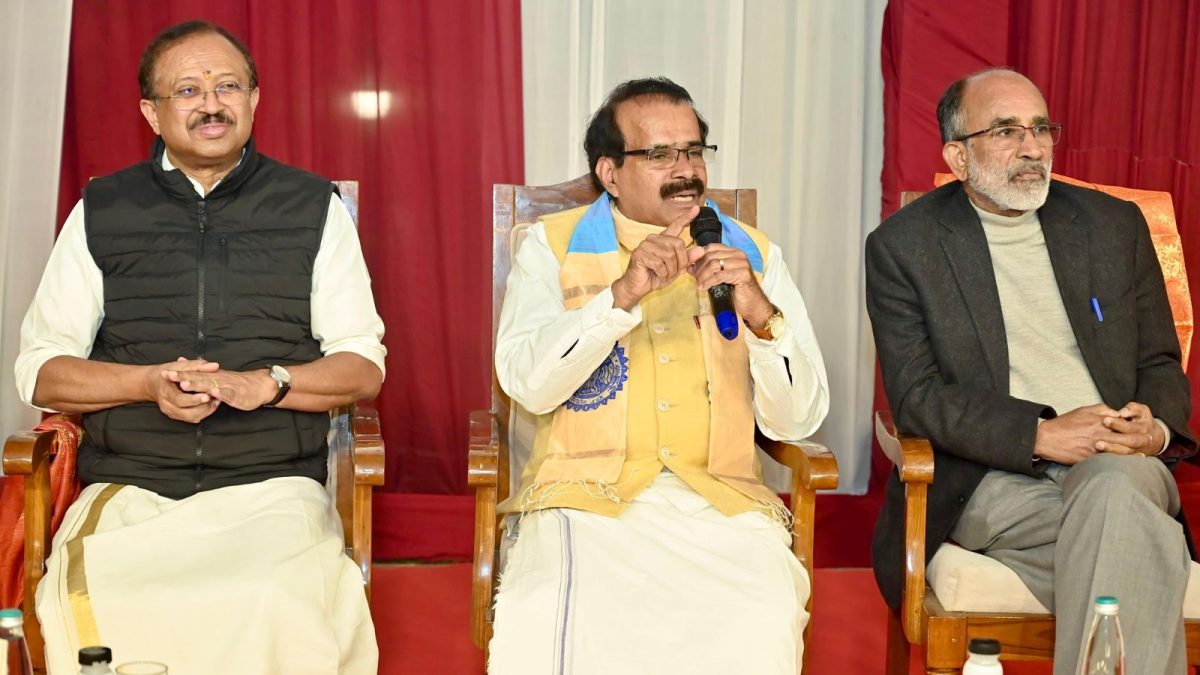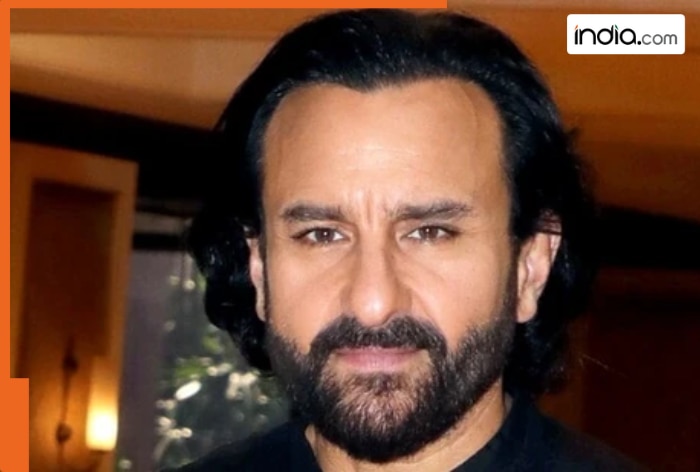Not undermining the political process and accompanying legislative and executive action, and exemplary management by ECI, the distinguishing and dominant feature still is that it is the people who are now setting the direction.
Across the twenty districts of the UT, overall voter turnout beat the record of the recent Lok Sabha polls, with more women and youth showing up. Several constituencies are on the border, and many are considered sensitive. The process has been spotlessly peaceful with no repolls yet. Minor dips in a few constituencies in the second phase match the trends in elections in other states, and do not impact conclusions. “Jashn-e-Jamhuriyat” was played by voters riding colourful shikaras on the scenic Dal Lake to exercise their franchise.
People of Jammu and Kashmir had an unenviable past, maligned by some, sympathised by others for their own profit, often provoked by both insiders and outsiders that dented peace and beauty of their celebrated Valley, mountains and lakes. The predicament had a disturbing consistency despite elections taking place periodically, but marred by boycotts, violence, accusations of foul play, always cementing grounds for cynicism for polity and future.
But the people of J&K have sent clear messages all around – to political players, to the rest of India and to the world. A message that is higher than the gravitas of the poll results coming on October 8. The message is that they, the people, have now taken over to speak for themselves and guide their own destiny. Vox Populi, Vox Dei. Others need not worry. This election, seen together with the one for the Lok Sabha, is an indication of public trust in democratic exercise and preference for the ballot against boycotts and violence, a defeat of nefarious interests and a triumph of democracy. The higher gains are for the posterity.
Voter turnout in the UT for the Lok Sabha polls was 58.58%, spread over vast rural areas with 56.38% women voting, the highest in 35 years. It was free of incidents, with no repoll necessary at any of the about 12,000 polling stations. This success has not overwhelmed managers. ECI, while seeking to build on the foundation of a good election, did not allow officials to let off guards. Well chiseled security arrangements and webcasting from all polling stations kept fear and intimidation at bay and foreclosed any nefarious designs to disrupt.Physical fear, unfortunately, often became the sub-theme of past elections in the Valley, leading to security concerns taking over. But this time, there is a level of confidence well earned. ECI put a stop to any last-minute clubbing of polling stations on grounds of security. It insisted that polling stations need to be within a maximum of two kilometres of the voter and ordered transport for those dwelling in tough terrains. Ease and comfort of voters, especially for the elderly, received top priority, with a range of facilities at polling booths. Votes were collected from homes for those who could not make it due to age or physical conditions. Kashmiri migrant voters could again vote from special polling booths in Jammu, Udhampur and Delhi, an enabler earlier provided in Lok Sabha elections.About 470 polling stations were near the LoC and international border, thirteen of them even standing across the fence for making the voters in border areas part of the democratic churn. These gave significantly high turnout of voters. Khamba polling station in a border constituency in Rajouri witnessed a turnout of 84%.
Dhadkei, in Doda district, known as the silent village because of its residents with speech/hearing impairment, was specially enabled at a polling station in Bhadarwah constituency. Paris Paralympics medalist Rakesh Kumar led the way by casting his vote at Sri Mata Vaishno constituency in the second phase.
Citizens not only had a great outing on the polling days, but they also made complaints regarding electoral malpractices on the ECI portal. Campaigning was as vibrant and combative as elsewhere in the country, with 873 candidates, 7% higher than 2014 assembly polls, competing for people’s trust and for win in the post delimitation number of 90 seats. ECI’s digital services for giving out candidate details and support helpline saw high use by citizens. All for a good game.
An underlining aspect of management of the ongoing poll is that it ticks all normative boxes without fail like in any election. Be it enforcement of model code, checks against money and drugs, battling misinformation, provision of wherewithal or facilitation measures, standard operative procedures have equally applied. Seizures worth over 130 crore rupees was the highest ever in J&K elections. No surprise then that the group of diplomats, after a round on the polling day in J&K, echoed the sentiments recorded years ago by Hillary Clinton about Indian elections being a ‘gold standard’.
Describing the current assembly poll as centred on people and driven by people, chief election commissioner Rajiv Kumar said it ‘will echo in the pages of history’, a claim that no one should grudge.







